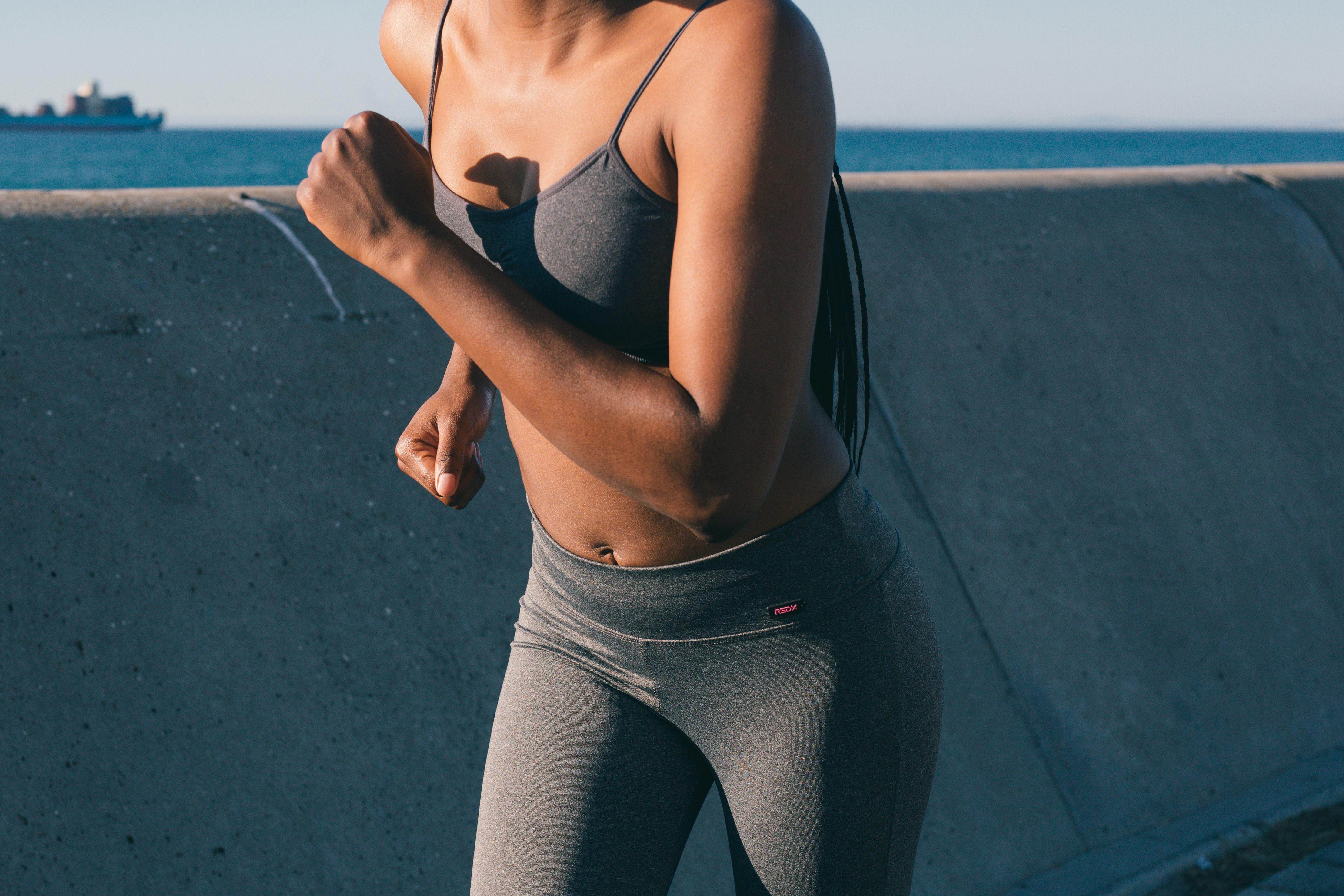As a psychiatrist who specializes in alcoholism and addiction, I treat several depressed college students with antidepressants. This age group tends to experiment with drugs and alcohol. I have observed over the years of my practice that the antidepressants I prescribe do not seem to be as effective in someone who uses marijuana and/or alcohol, even if the use is infrequent. Here are 2 cases I have dealt with that illustrate this point.
Case 1: I treated a 19-year-old college boy for anxiety and depression. He said that he occasionally used marijuana to calm down before a social event (weekly or every two weeks) because he felt more comfortable with people when he was high. He did not respond to two different antidepressants that I prescribed over the course of 12 weeks. I told her that his use of marijuana and alcohol on the weekends could be interfering with the effectiveness of the medications. He agreed to go marijuana and alcohol free for a month. Sure enough, his social anxiety began to decrease even though he had not changed the dose of his antidepressant or added any new medications. He experienced a significant reduction in anxiety and depression and has not returned to marijuana or alcohol. He reported that he attended social functions, had a great time, and felt more self-confident than when he first came to see me.
Case 2: I treated a 21-year-old college girl for depression who went out drinking with her friends on the weekends. She said that she used to drink to numb herself and escape her depressed feelings. She didn’t drink anything during the week. I prescribed the same antidepressant that had worked well for her when she was 14 years old. However, after 6 weeks on a therapeutic dose, she was still depressed. At 14, she did not drink alcohol. I explained that alcohol was a central nervous system depressant and she was probably counteracting the effects of the antidepressant. I asked her to stop drinking and let the medication do her work. She agreed to this because her depression had gotten progressively worse for several weeks and she felt miserable. Four weeks later, she felt much less depressed. She reported that she looked forward to the day, found it easier to keep up with her work and participate in more activities with her friends.
Both cases provide anecdotal evidence that the antidepressants I prescribe for depression or anxiety don’t seem to be as effective when my college patients are actively using alcohol or marijuana. When I prescribe medications to a college student, I explain to them that it is difficult for me to make positive biochemical changes in the brain with the medications I prescribe when the substances they are using counteract the positive effects of the medications.
Research on adolescent depression with substance abuse has tended to focus on adolescent drug abuse or alcohol use at the level of abuse or dependence. There has not been much focus on the recreational use of marijuana or alcohol in this population. What are the dangers of marijuana and the dangers of alcohol use when used at low levels?
Reduced antidepressant response.
The findings of a very recent study, conducted by Dr. Benjamin Goldstein and others at the University of Pittsburgh, dealing with depressed adolescents who used recreational marijuana and alcohol, support this. The study was presented on October 26, 2009 at the American Academy of Child and Adolescent Psychiatry and was summarized in Medscape Medical News. The study showed that antidepressant response was significantly reduced in depressed adolescents who used marijuana or alcohol recreationally. They studied 334 adolescents with major depressive disorder, of whom 28.1% used marijuana or alcohol recreationally. The researchers also found that those who quit marijuana/alcohol during the study showed a good response to antidepressants and those who started using marijuana/alcohol during the study had a reduced response to antidepressants.
I wouldn’t be surprised if the findings outlined in Dr. Goldstein’s study of teen marijuana and alcohol use apply to college kids and even older adults.
This is the take home message for depressed teens taking antidepressants:
you use, you lose
In other words, you lose the antidepressant response. Remember, recreational use of alcohol and marijuana interferes with the antidepressant response.
If you want to feel better, let antidepressants do their work in your brain without mixing their effects with other drugs you might want to experiment with. According to this study, antidepressants are more effective for your age group if you don’t use drugs or alcohol.
